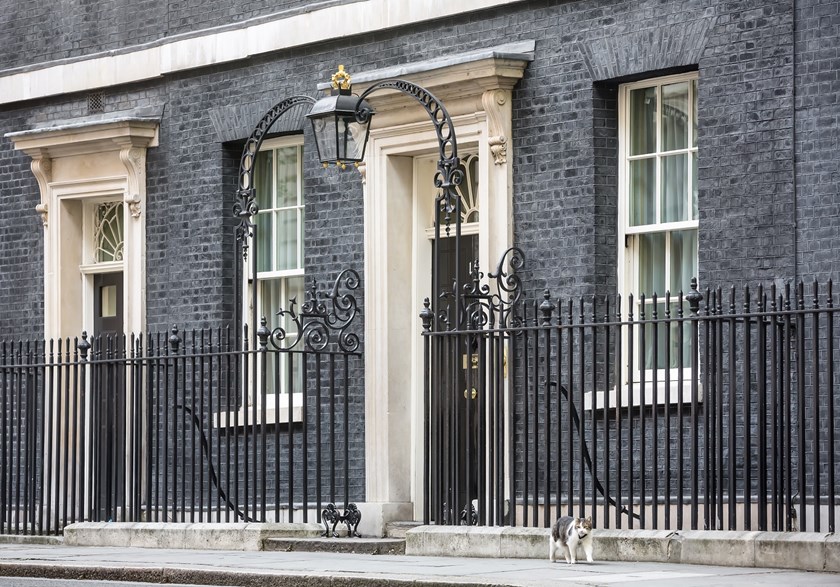The tax appeal of trees
Insight

People invest in trees for a number of reasons: for amenity and sporting purposes, the commercial production of timber, or for environmental purposes. Government schemes such as the Woodland Carbon Guarantee fund are making trees interesting again to investors, but trees also retain a basic tax appeal. UK taxpayers investing in commercial forests and woodlands in the UK can benefit from several tax advantages which can enhance the underlying returns from timber and add to the appeal of forestry investment. The tax position can be complicated, especially where the woodland is used as part of farming operations.
Commercial woodlands
The various tax exemptions mentioned below apply to woodland or forestry in the UK which is occupied commercially. The legislation does not provide much guidance on what the term ‘commercial woodlands’ means although for income tax purposes it must be occupied “on a commercial basis” with “a view to the realisation of profits”. Generally, one must be occupying the woodlands commercially for the long-term sustainable production of raw timber and an investor should be able to show there is a proper business plan designed around planting, managing, and ultimately harvesting and selling the timber at a commercial profit.
Inheritance tax
Commercially managed woodland can qualify for 100 per cent inheritance tax (IHT) business property relief (BPR) after two years of ownership; the value transferred is reduced by 100 per cent so no IHT liability ensues. If owned at death, no IHT is paid on the total value of both land and standing timber or plantations. If there is any capital gains tax liability (see below) which has been held over or rolled over, the liability will be cancelled on death. In some cases, especially where the woodland is being used as part of farming operations, agricultural property relief (APR) may apply rather than BPR.
If commercial forestry is gifted, the donee should retain it as commercial woodland for the lifetime of the donor or seven years, whichever is the shorter period, to ensure it does not come into charge. If the donee sells the asset but invests the entire proceeds in another qualifying asset within a short time 100 per cent BPR should remain available.
There is also a special 'woodland relief' provision for transfers by individuals on death for the deferment of tax on timber growing in the UK which does not qualify for BPR or APR, generally because it is non-commercial woodland. An election to defer tax on growing timber may be made by the deceased's personal representatives within two years of death, provided that the deceased was beneficially entitled throughout the period of five years preceding death or became so entitled by gift or inheritance.
Capital gains tax
Where forest and woodland are managed on a commercial basis, capital gains tax (CGT) is not payable on any increase in the value of the asset which is attributable to the standing or felled timber during the period of ownership. The increase in the value of the underlying land may be liable for CGT but capital works on the land (for example on roads, fences and drains) incurred during ownership can reduce the gain. It is important to demonstrate that the property has been managed as a commercial investment to qualify for this CGT relief and to take professional advice on apportioning the value between the forestry and the underlying land.
Woodlands which are not managed on a commercial basis are subject to the normal CGT rules. If a commercial activity is conducted within the woodland such as paintballing, camping or off-road driving then CGT will arise on gains on sale but reliefs such as holdover relief, rollover relief and entrepreneur’s relief should be available.
An individual with a CGT liability arising from the sale of a business asset can take advantage of rollover relief. If the person reinvests the proceeds in commercial forestry land, in the period of twelve months before and three years after the sale, rollover relief should be available; the gain on the disposal of business assets can be deferred until the forestry land is disposed of.
Holdover relief on gifts of business assets is also available where land containing commercial woodland is gifted if the appropriate election is made; CGT is deferred until the gift is subsequently sold by the transferee.
Tax on income
Income derived from the occupation of commercial woodlands such as the sale of timber is not subject to income or corporation tax. However, other income arising from the ownership of the land, such as renting the woodland for camping, shooting, or other recreational activity is subject to income tax. The corollary is that no income tax relief is available for expenditure incurred in commercial woodlands such as on development costs or interest payments. However, if the land is predominantly occupied for farming and not commercial woodland any timber sale receipts may not be exempt from income tax.
VAT
Commercial woodlands are not exempt from VAT registration and woodland sales can constitute a taxable supply. Where the level of taxable supplies is less than the mandatory registration limit (currently £85,000) then voluntary registration is possible if there is an intention to make taxable supplies in the future and this will enable VAT on expenditure to be recovered. A sale of land with standing timber is exempt from VAT unless the land has been opted.
If you require further information about anything covered in this briefing, please contact David Gubbay, or your usual contact at the firm on +44 (0)20 3375 7000.
This publication is a general summary of the law. It should not replace legal advice tailored to your specific circumstances.
© Farrer & Co LLP, May 2020







